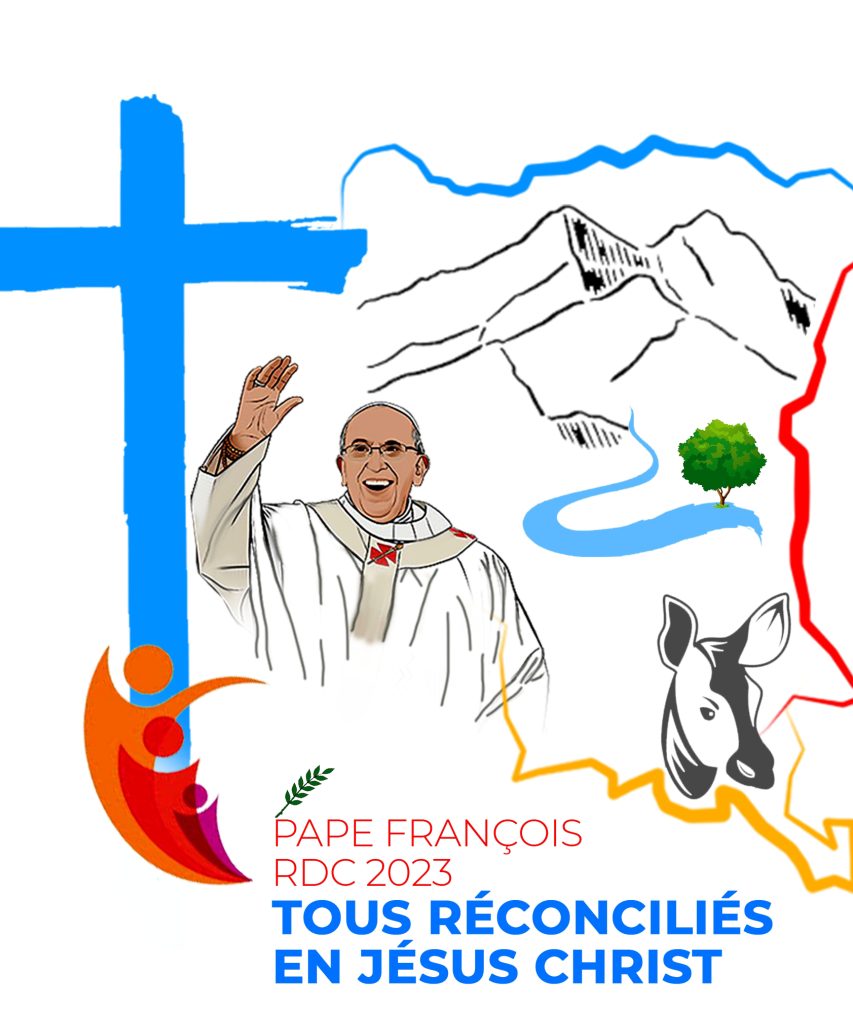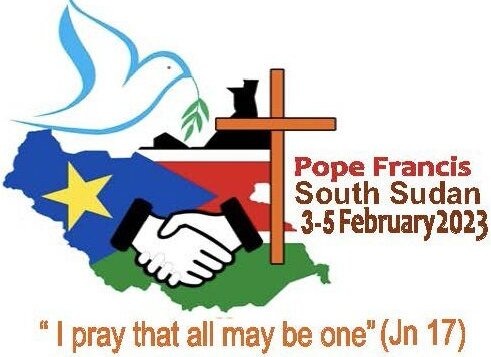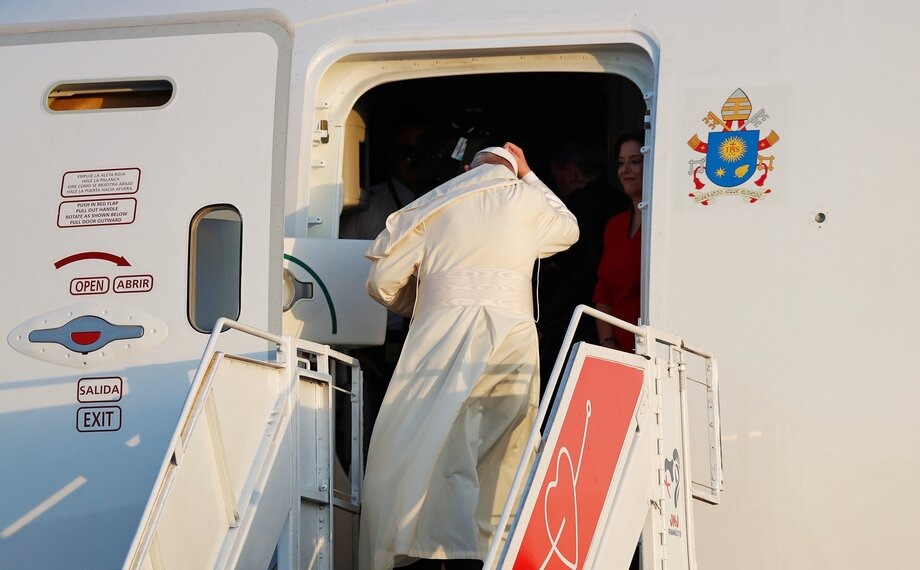Local churches in the Democratic Republic of Congo and South Sudan have begun the countdown to the arrival of Pope Francis in these territories. Aid to the Church in Need has invited two organizers from these countries to speak on the next visit of the Holy Father.
Democratic Republic of the Congo
The Democratic Republic of Congo is the largest country in the Sub-Saharan Sahara and, despite the richness of its nature and resources, it lives in poverty. Six thousand people live on less than two dollars a day. This deficiency is also noticeable in education, which is very poor.

The situation is aggravated by humanitarian crises, worsened by the COVID pandemic and the Ebola disease. In addition, violent conflicts in the eastern part of the country are causing a great deal of instability.
With all this, Father Godefroid Mombula Alekiabo has expressed his joy for the visit of Pope Francis to the territory. According to him, the visit of the Holy Father responds to his role as a leader of the Catholic Church, as a father who goes to visit his children.
Father Godefroid has highlighted the great role the Church plays in the country. Many schools, hospitals and businesses belong to the Church, but this was not always the case.
In 1971, the government took over the three universities in the Democratic Republic. A year later, they forced the removal of all Christian symbols from schools and hospitals. Seeing the devastating consequences of this, they had to ask the religious institutes, a few years later, to resume educational activity.
Godefroid considers that the Church is the voice of the opposition in the country but that it is too economically dependent on the outside. However, from a more positive point of view, he praises the local Church's ability to adapt the liturgy to the culture of the territory, affirming that "the liturgy is very much alive in the DRC".
This priest hopes that the Pope's visit will help the efforts being made for unity and reconciliation, taking into account three pontifical documents that are especially important for the country's faithful: Fratelli Tutti, Laudato yes y Christus vivit.
In concluding his speech, Father Godefroid pointed out three pillars on which the situation in the country should be understood. On the one hand, that the war and violent conflicts in the territory greatly hinder the path towards unity and destroy the opportunities of young people who are "God's now". On the other hand, he emphasizes that the presence of foreign multinationals that deplete the country of its natural resources with selfish motives encourages confrontation. However, as a third key point, the priest has pointed out that the reform of the situation goes through individuals, not through institutions. In his opinion, change is in the hearts of men and must be achieved through mutual understanding, not by force.
Knowing all this, Father Godefroid hopes that the Pope's visit will contribute to peace and unity. He hopes that the Holy Father will also meet with the big businessmen of the country and that the issue of tribalism, which causes so many problems within the national territory, will be discussed.
South Sudan

Father Samuel Abe is in charge of the organization of Pope Francis' visit to South Sudan. During his speech he pointed out the civil conflict in which the citizens of the country are involved. Faced with this situation, the bishops and priests insist on the need to live in peace. However, despite communication between the local Church and the Government, efforts are not bearing fruit.
Years ago, representatives of the Church of South Sudan went to the Vatican asking for a visit from the Holy Father. The trip has not been possible for years due to difficulties from both sides. Now that Francis is finally coming to the country, citizens have expressed their joy.
On the other hand, Father Samuel emphasizes that the visit, together with other religious leaders, launches a message of peace and unity, of cooperation. This, he says, is much needed given the internal situation in South Sudan.
Samuel hopes that the Pope's visit will open a new chapter in the life of the country to end conflicts and promote peace. peace among citizens.








